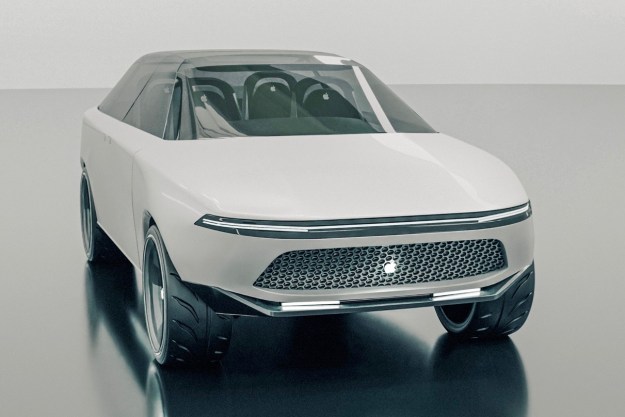
Uber’s decision to shutter its self-driving car program two months after a fatal accident only applies to its efforts in Arizona. An internal email leaked to the media earlier this week clearly states the ridesharing giant aims to resume testing its cars in Pittsburgh, Sacramento, and San Francisco in the not-too-distant future. Pittsburgh Mayor Bill Peduto signaled he won’t welcome the company with open arms.
“I made it clear to Uber officials after the Arizona crash that a full federal investigation had to be completed, with strong rules for keeping streets safe, before I would agree with the company to begin testing on Pittsburgh streets again,” Peduto wrote in a statement published online. “Uber did not tell me of [the] announcement, and I was forced to learn about it through social media reports. This is not the way to rebuild a constructive working relationship with local government, especially when facing a public safety matter,” he added.
In the statement, he outlined the basic conditions Uber must meet if it wants to resume testing its cars on public streets. First, autonomous vehicles can’t exceed 25 miles per hour on public streets, regardless of the type of road or the speed limit enforced on it. It’s a decision that essentially limits driver-less Uber cars to urban centers and prevents them from going on the highway. Peduto explained the probability of pedestrians surviving a collision is much higher at speeds under 25 mph. Uber’s prototype was traveling at 39 mph when it hit and killed Elaine Herzberg.
Officials also asked Uber to use its driver application to warn its human drivers when they’re exceeding the speed limit. The reaction to Uber’s announcement represents a stunning volte-face. In 2016, Pittsburgh officials trumpeted Uber’s arrival as a major boost for a city with plans to become a high-tech hub.
Enforcing these conditions might prove easier said than done. The Pittsburgh Business Times points out the Pennsylvania Department of Transportation, not city officials, hold the power to regulate a company like Uber. It adds the state law currently allows companies to test autonomous cars if they keep a human driver behind the wheel to take over in case something goes wrong. It makes no mention of Peduto’s 25 mph speed limit.
That doesn’t mean Uber can treat Pittsburgh like the wild west. The Autonomous Vehicles Task Force (AVTF) represents Pittsburgh along with the Federal Highway Administration, AAA, Carnegie Mellon University, and General Motors. Erin Waters-Trasatt, PennDOT’s press secretary, told the Pittsburgh Post-Gazette “the city’s concerns would be part of the discussion of the task force.” It could then choose to amend its testing policy.
There’s another obstacle standing in Uber’s path. The guidelines introduced in April state, among other points, that companies must stop testing autonomous vehicles that share hardware or software with a car involved in a National Transportation Safety Board (NTSB) investigation. The text needs to receive the Pennsylvania general assembly’s approval before the guidelines come into effect. If it does, it will temporarily exclude Uber’s Volvo- and Ford-based prototypes because the investigation into the circumstances of the crash remains open.
Editors' Recommendations
- Dubai Police to deploy driverless patrol cars with AI smarts
- An autonomous car in San Francisco got stuck in wet concrete
- Volkswagen is launching its own self-driving car testing program in the U.S.
- Waymo’s robotaxis are coming to Uber’s ridesharing app
- Autonomous cars confused by San Francisco’s fog




